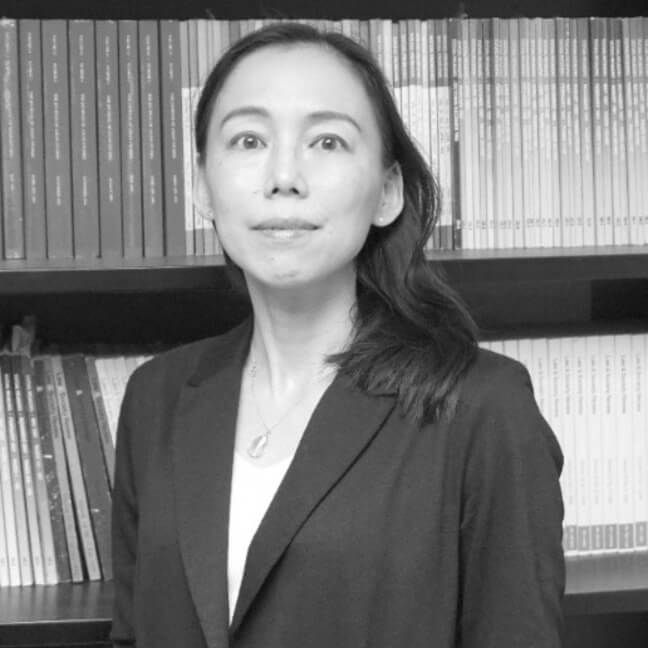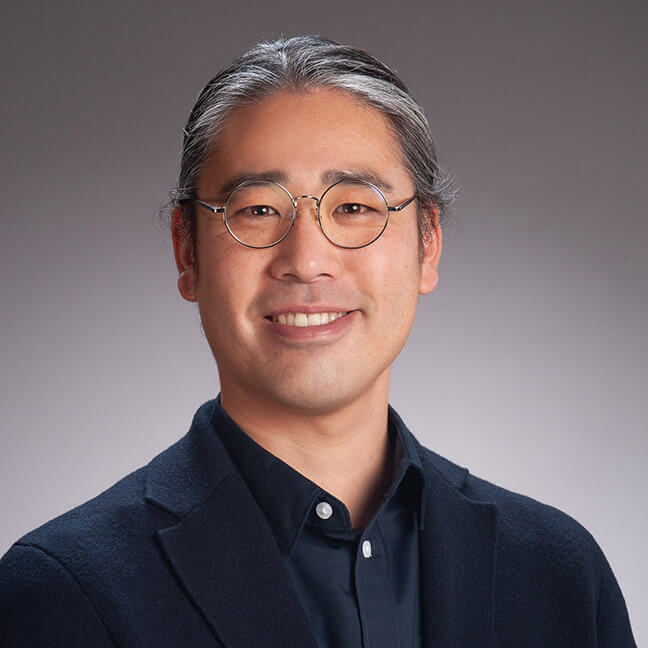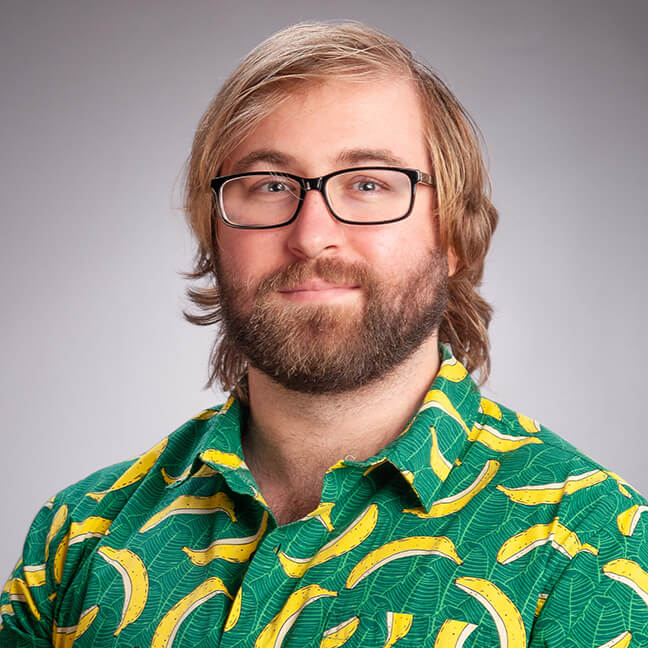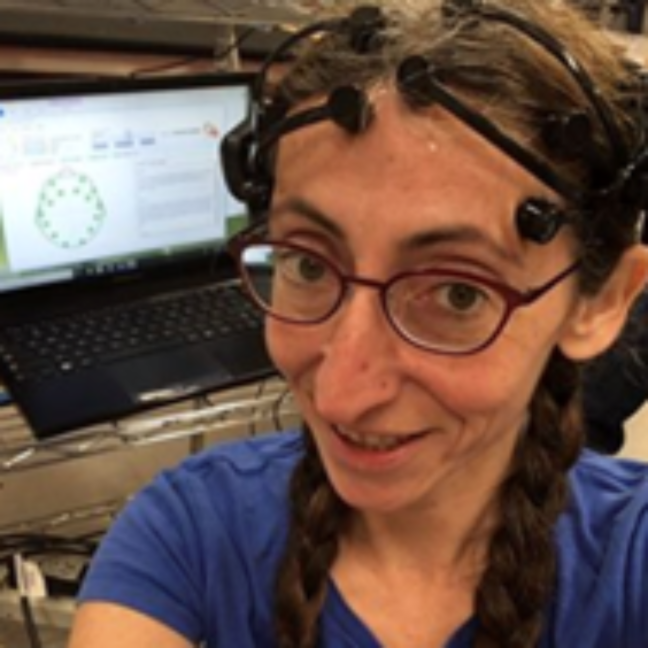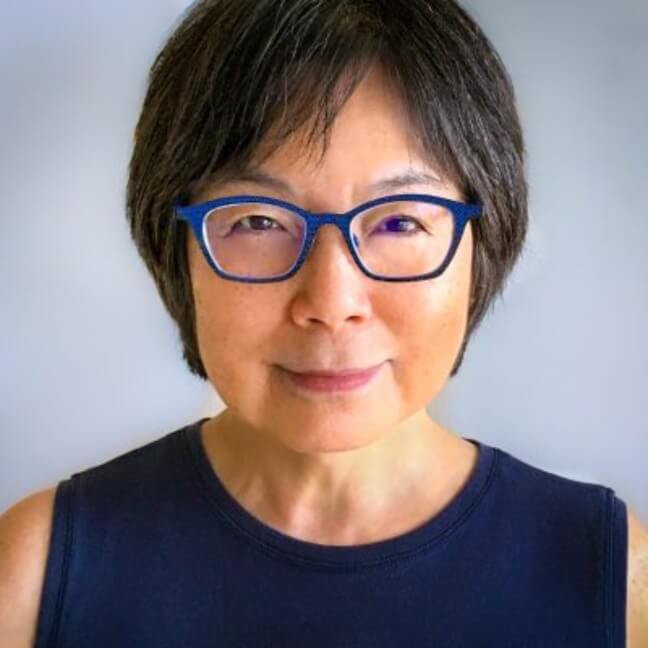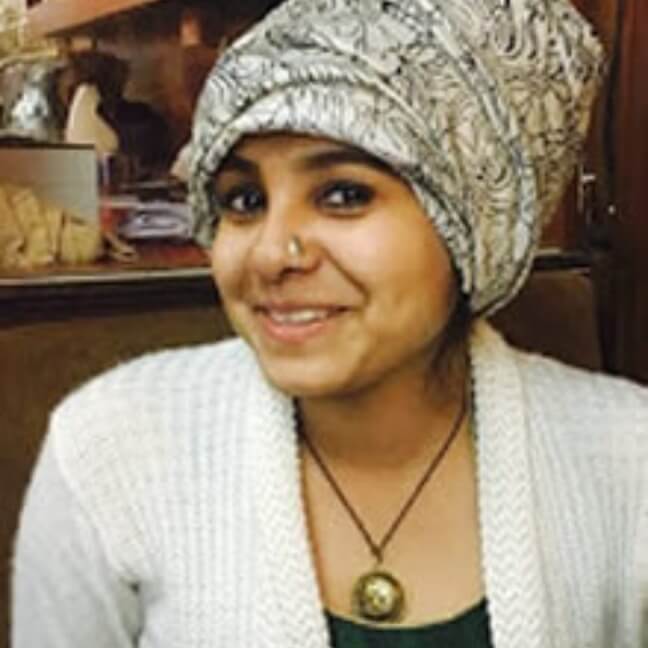
Conference Co-Chairs
Aya Kimura (Co-Chair)
Aya H. Kimura is a sociologist working in the field of Science and Technology Studies, feminist political ecology, and agrofood studies at the University of Hawaiʻi-Mānoa. She completed her MA in environmental studies at Yale University and her PhD in sociology at the University of Wisconsin-Madison. Her research and teaching interests focus on the intersection of technoscience and gender particularly in the fields of food and environmental issues in Asia. She has written on issues such as nutrition and body, food safety and security, risk communication, nuclear power, and social movements. You can see the list of her work at https://ayakimura.weebly.com/.
Grant Jun Otsuki (Co-Chair)
Grant Otsuki is a senior lecturer in cultural anthropology at Victoria University of Wellington, New Zealand. He has a PhD in anthropology (Toronto), and an MS in STS (RPI). Previously, he was assistant professor of anthropology, University of Tsukuba, Japan. His work is in the anthropology and history of technology. Grant has written about human–machine interfaces and the history of cybernetics in Japan, postcolonial anthropology, translation, and the anthropology of ethics in Japanese and English.
Conference Secretary
Callan Sait
Callan Sait holds a PhD in Cultural Anthropology from Te Herenga Waka – Victoria University of Wellington. His research explored the negotiation and provision of ordinariness and/as care in long-term institutional eldercare in Japan, and the role of technology in this process. He has previously taught Medical Anthropology and is currently a Teaching Fellow in Cultural Anthropology at Te Herenga Waka – Victoria University of Wellington, teaching Science, Technology and Culture. His research interests include care work, human-technology interaction, disability, and ethics.
Making & Doing Committee Chair
Yelena Gluzman
Yelena Gluzman is an Assistant Professor of Science, Technology, and Society Studies at the University of Alberta, committed to working collaboratively with the communities she researches as a mode of experimental STS. She has a background making experimental theater and film, and works across feminist STS, ethnomethodological hybrid studies, critical disability studies and research creation. Her PhD dissertation, Cognitive Neuroscience and the Experimental Theater of Other Minds, investigated how ‘the social’ is staged in laboratory experiments on autism, and analyzed her own collaborations with scientists to design experiments beyond deficit models. Her ongoing second project traces the distributed communication ecologies of human stenographers who caption talk as text in real time for d/Deaf and Hard-of-hearing students in the classroom. Her publications contribute to theorizing intersections between performance and STS, and consider the pragmatics of experimentality, reflexivity, and research as theater (e.g., Reflexivity Practiced Daily: Theatricality in the Performative Doing of STS, in the Routledge Handbook of Art, Science and Technology Studies, 2021 and Research-as-Theatre in Performance as Research: Knowledge, Methods, Impact, 2017). Yelena has been a member of 4S since 2013, and was twice awarded a 4S Making & Doing Award (Experimental Methods, 2015, with Sarah Klein, and Feminist Theory Theater Workbook Prototype, 2021, with Klein, Michael Berman and Christina Aushana).Local Organizing Committee Co-Chairs
Joan Fujimura (Co-Chair)
Joan Fujimura is currently Professor Emerita and was the Martindale-Bascom Professor of Sociology at the University of Wisconsin-Madison. She was the Founding Director of its Science and Technology Studies Program and the Holtz Center for Research in Science, Technology, Medicine, and Environment and also served as faculty advisor in Asian American Studies. She was as the 2019-2021 President of the Society for the Social Studies of Science. Fujimura has taught in Sociology at Harvard and was the Henry R. Luce Professor of Biotechnology and Society at Stanford. She has studied research practices in cancer research, molecular genetics, bioinformatics, genomics, epigenetics and systems biology, algorithmic sciences, and blood infrastructures. Through ethnographic research in these arenas, Fujimura has developed theoretical concepts that include doable problems, standardization, bandwagons, theory-methods packages, socio-material analysis, awkward surpluses, authorizing knowledge, future imaginaries, postgenomic futures, and genome geography. She is interested in issues that arise when epistemologies of science collide with social and political issues especially in algorithmic sciences. Her books include Crafting Science (Harvard 1996) and The Right Tools for the Job: At Work in Twentieth Century Life Sciences (Princeton 1992), and she has published numerous journal research articles. Fujimura’s current research examines the use of race and genomics in blood infrastructures and practices.
Misria Shaik Ali (Co-Chair)
Misria holds a PhD in STS from Rensselaer Polytechnic Institute and a MA in Public Policy from O.P. Jindal Global University. She is currently the third year representative of the Society for the Social Studies of Science, Student Section (6S). Misria’s work is in Critical Nuclear Studies and epistemologies of (environmental) neglect, Agnotology. Misria has written about knowing radioactive contamination, nuclear regulation, environmental and health governance of irradiation, and scientific and technological development in India. She also writes in newspapers and academic magazines on the ongoing persecution of Muslims and Muslim alterity in India.
Program Committee
Anne Pollock (Chair)
King’s College London
Onur Aslan
University of California-Davis
Jess Auerbach
University of Cape Town
Xan Chacko
Wellesley College
Melissa Creary
University of Michigan
Amanda Domingues
Cornell University
Nadine Ehlers
University of Sydney
Mascha Gugganig
Technical University Munich
Lea Happ
King’s College London
Klaus Høyer
University of Copenhagen
Noela Invernizzi
Universidade Federal do Paraná
Chihyung Jeon
Korea Advanced Institute of Science and Technology
Koichi Kameda
Université de Paris
Jaya Keaney
University of Melbourne
Tania Perez-Bustos
Universidad Nacional de Colombia
Thao Phan
Monash University
Matthew Sample
Leibniz Universität Hannover
Mitali Thakor
Wesleyan University
Natali Valdez
Purdue University
Natasha Vally
University of Cape Town
Tomiko Yamaguchi
International Christian UniversityContact Information
For all substantive program questions: meeting@4sonline.org
For technical and login issues: webmaster@4sonline.org

